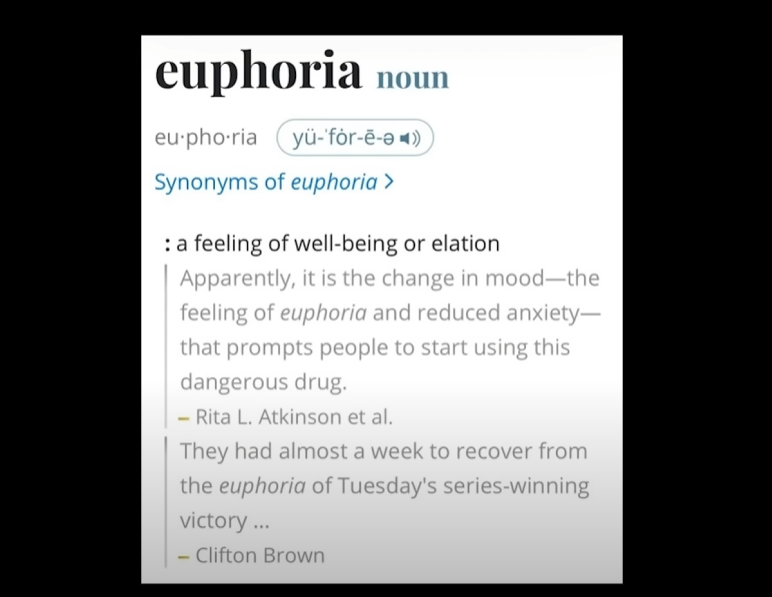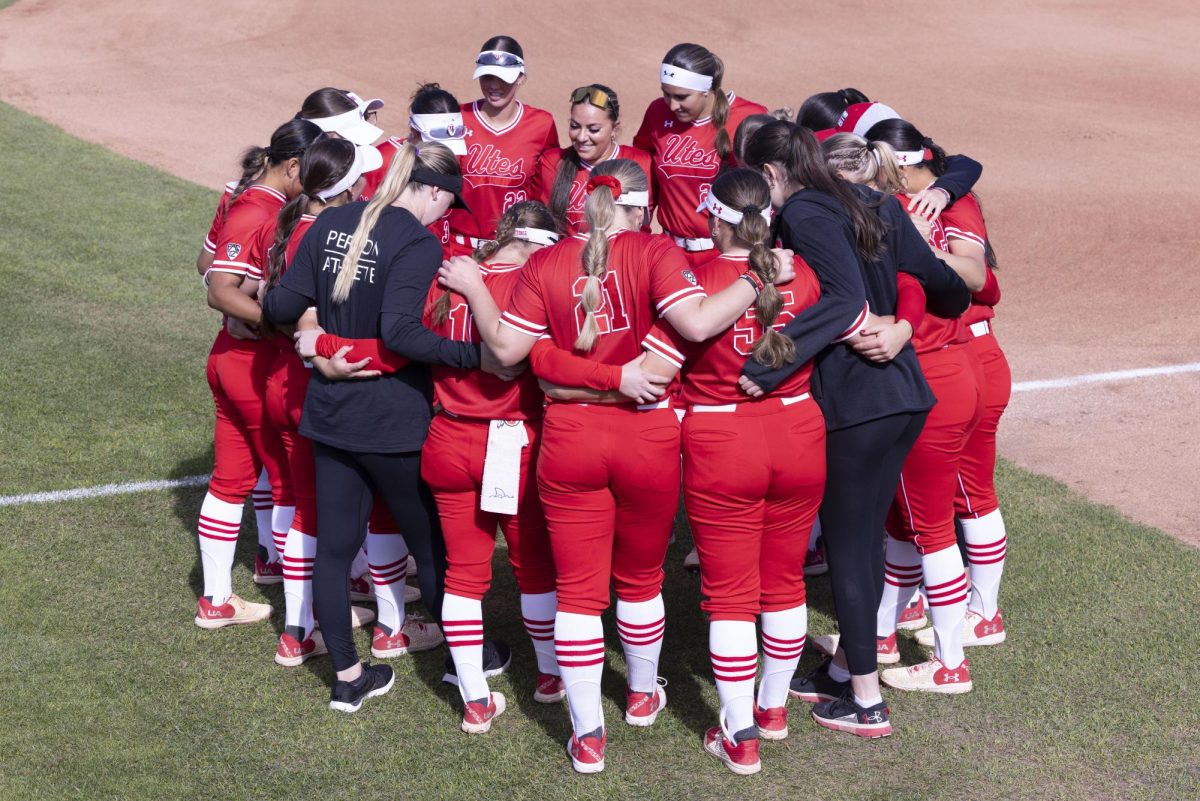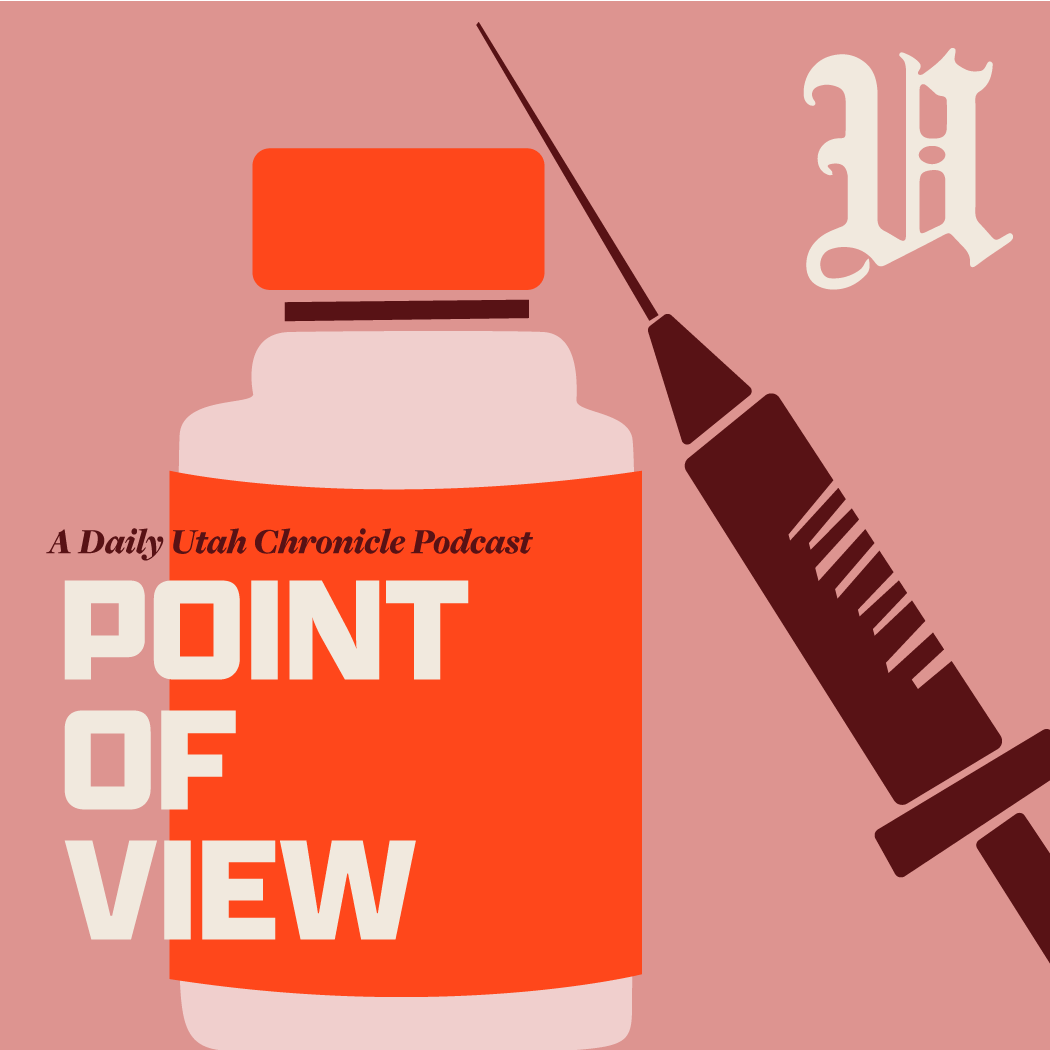
Winter is right around the corner. While the season has not changed as rapidly as it did last year, the cold season is coming, and with it the crippling smog that has plagued the Salt Lake Valley for some time. The ever-constant problem has become a more pressing issue as the World Health Organization recently categorized air pollution as a carcinogen. These developments demonstrate why action must be taken now rather than as a reactionary response to smog later in the year.
In the past, actions to combat the inversion have been few and far between. Air quality warnings have been issued and the citizenry has been encouraged to drive less, yet these precautionary measures are ineffective. It has become a health liability to live in Salt Lake City.
The Salt Lake Valley continues to be primarily powered by coal, a major contributor to the pollution in the state. Due to federal government regulations, the Carbon Power Plant, one of the state’s oldest coal burning plants, is being shut down by the year 2015. This is a step in the right direction, but the state has stood by a plan to gradually move away from coal power.
Unfortunately, the Salt Lake Valley does not have the luxury of switching to cleaner energy at the government’s leisure. Burning coal has created health risks that must be addressed immediately. Rapid action will require sacrifices that both the government and public have been unwilling to make up until this point. Moving away from coal will be an expensive process — even more so to do it in a timely manner. However, the residents of Salt Lake City cannot continue to live in the smog that sets in the valley every winter.
The government is not the only entity that must make sacrifices to reduce the pollution of the city. While public transportation has emerged in the past decade, the city’s populace has yet to fully embrace it. In the city, traffic has been increasing and the air quality is dependent on that number going down. It is more than a simple reduction in the amount of driving — citizens must display a commitment to public transportation and actually make sacrifices to protect themselves from pollution.
General power consumption plays a factor as well. While Salt Lake City consumes less energy than Google, the coal source makes it an urgent issue. If the public could reduce energy consumption, it would make the switch to clean energy an easier transition. Once again, this would require sacrifices that the public has not demonstrated a willingness to make up to this point.
Inversion in Utah is old news as the problem has been present for years. While pollution was only recently declared a carcinogen, the populace has been aware for a long time that low air quality is a major health risk. While a gradual, conservative approach to improving the air has been adopted by the city, the problem has become large enough to merit a more extreme response.









